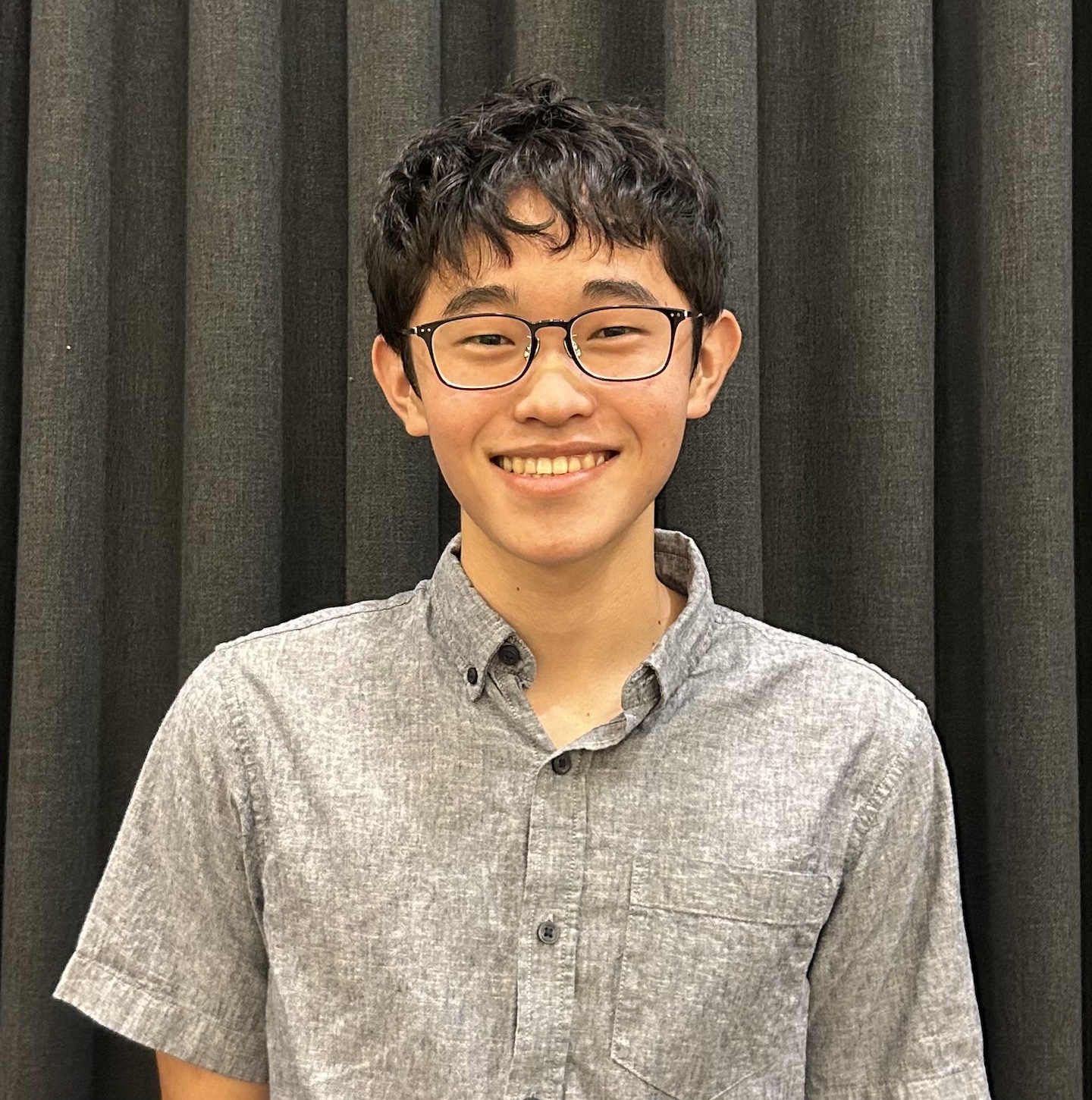In fourth grade, Logan Lee’s class took a trip to the island of Hawaii. There, they saw an i’iwi, a native Hawaiian forest bird. Logan was in awe. The bird was beautiful — and seeing one was a rare treat. Like many of Hawaii’s birds, this one is highly vulnerable to avian malaria. So Logan, now 18, set out to see how he could help curb the spread of this disease.

Mosquitoes spread the malaria parasite. One way to fight malaria is by releasing lab-grown mosquitoes infected with a special bacteria. It renders the insects infertile. When released into nature, these mosquitoes mate with wild ones and lay eggs that cannot hatch. That will shrink the mosquito population over time.
One problem: Many of the lab-grown mosquitoes don’t survive well enough in the wild to complete their mission.
Logan suspected that might be because the insects lacked key microbes that wild mosquitoes pick up from their environment. So he exposed the lab-grown insects to microbes from the water where wild mosquitoes mature. This treatment sped the lab-grown mosquitoes’ growth by 18 percent. And it boosted their fitness by 67 percent. That may help scientists raise more mosquitoes faster and give the skeeters better odds of surviving in the wild.
Logan is currently a senior at the ‘Iolani School in Honolulu, Hawaii. His research earned him fourth place at the 2025 Regeneron Science Talent Search. (That competition is run by Society for Science, which also publishes Science News Explores.) In this interview, Logan shares reflections on his research experiences.
What was your favorite part of this project?
“Being able to see this problem in my community and say, ‘There’s something I can do about it,’” Logan says. “Usually you see problems, and you’re like, ‘There’s no way I could ever tackle that.’” But doing this project really showed him that “youth have power to make differences in their community.”
What was the most challenging part?
“Learning the process of research,” Logan says. “At first, I think you stumble a bit around. You’re not sure what to look for in the literature. You’re not sure how to use some of the things in the lab. How to be very precise with your measurements, things like that. Learning how to do all that was definitely a challenge in the beginning.”
What resources helped you complete your project?
Logan found that his teacher and a mentor in a lab at the University of Hawaiʻi at Mānoa — where he did much of his research — were both key. “They’ve been so incredibly impactful, not only in helping me develop my research, but also helping me develop as a scientist,” he says. “Learning about ethics in research. Learning about how to do things meticulously in the lab. It’s these things that I bring outside of just my research life, and I’m able to apply them to make myself a better person.”
What’s next for you?
Adaptive radiation is a term that describes what happens when one species quickly diversifies into many species. Logan is currently studying this adaptive radiation of Hawaii’s forest birds.
Many native Hawaiian forest birds descend from “one ancestor that came here, and it rapidly diversified,” Logan says. “It’s really shown through their beaks, because the birds developed to have different food sources.” The palila has a big, seed-cracking bill. Honeycreepers like the i’iwi dip their long beaks into flowers for nectar. Owls use their long upper beaks to fish insects out of bark. “I’m looking a little bit at the genetic basis of adaptive radiation,” Logan explains. “So these genes in the birds, where might there be changes that affected how the birds developed?”
📚 NCsolve - Your Global Education Partner 🌍
Empowering Students with AI-Driven Learning Solutions
Welcome to NCsolve — your trusted educational platform designed to support students worldwide. Whether you're preparing for Class 10, Class 11, or Class 12, NCsolve offers a wide range of learning resources powered by AI Education.
Our platform is committed to providing detailed solutions, effective study techniques, and reliable content to help you achieve academic success. With our AI-driven tools, you can now access personalized study guides, practice tests, and interactive learning experiences from anywhere in the world.
🔎 Why Choose NCsolve?
At NCsolve, we believe in smart learning. Our platform offers:
- ✅ AI-powered solutions for faster and accurate learning.
- ✅ Step-by-step NCERT Solutions for all subjects.
- ✅ Access to Sample Papers and Previous Year Questions.
- ✅ Detailed explanations to strengthen your concepts.
- ✅ Regular updates on exams, syllabus changes, and study tips.
- ✅ Support for students worldwide with multi-language content.
🌐 Explore Our Websites:
🔹 ncsolve.blogspot.com
🔹 ncsolve-global.blogspot.com
🔹 edu-ai.blogspot.com
📲 Connect With Us:
👍 Facebook: NCsolve
📧 Email: ncsolve@yopmail.com

😇 WHAT'S YOUR DOUBT DEAR ☕️
🌎 YOU'RE BEST 🏆